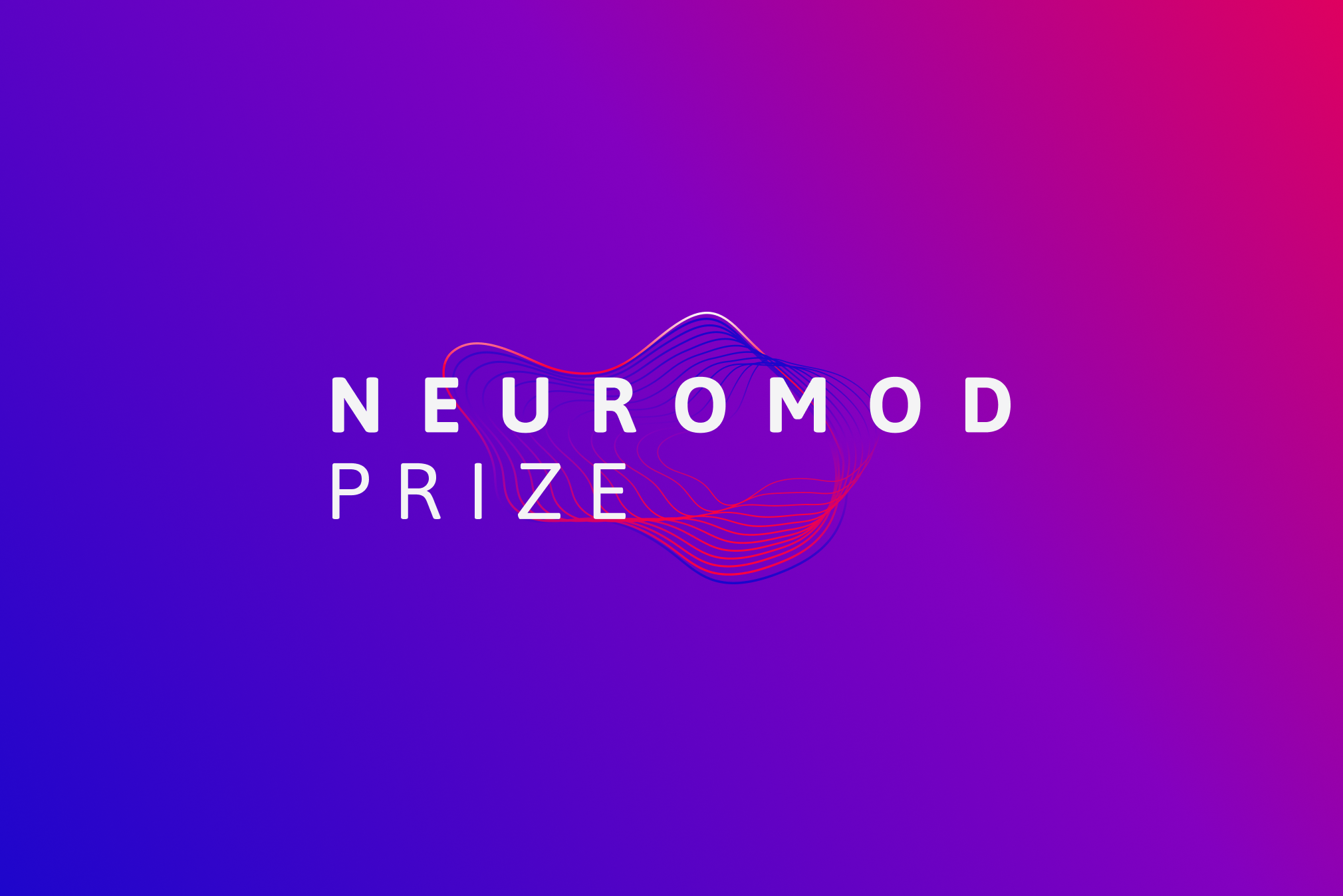Phase 2 winners invited to conduct IDE-enabling studies in Phase 3.
Neuromodulation is having a moment. The vagus nerve is trending, and researchers are wondering if “the body’s information superhighway” could be key to treating patients with long COVID. Nerve stimulation could be a medical advancement on par with mRNA vaccines or CRISPR gene editing; unlocking neuromodulation’s potential could eliminate the need for entire classes of drugs and offer much-needed relief for chronic conditions. Radically transforming health will require proving out the science — and an elite group of innovators is showing what’s possible.
This week, the National Institutes of Health announced four Phase 2 winners of the Neuromod Prize, a $9.8 million competition to accelerate the development of targeted neuromodulation therapies. The winning teams will each receive $1 million and an exclusive invitation to join Phase 3.
Meet the Phase 2 winners
- Anthony F. DiMarco, M.D. High-frequency spinal cord stimulation reduces respiratory tract infections and improves bowel management in people with neurological impairment.
- Juniper Biomedical. Ultraprecise, selective pelvic neuromodulation therapy treats stress urinary incontinence, overactive bladder, and fecal incontinence using a minimally invasive micro-implant.
- University of Louisville Research Foundation Inc. StimXS, neuromodulation of the lumbosacral spinal cord, automatically regulates cardiovascular, respiratory, and urinary systems after spinal cord injury.
- University of Pittsburgh Department of Urology. A multichannel implantable device for sacral-pudendal neuromodulation addresses bladder, bowel, and sexual disorders.
The competition, designed and produced by Luminary Labs, is advancing neuromodulation solutions and will bring them much closer to having tangible patient impact, offering new hope to millions of patients battling chronic or acute diseases. Phase 1 called on scientists, engineers, and clinicians to submit novel concepts and plans for development. Phase 2 of the competition invited the eight Phase 1 winners to build on their submissions by conducting proof-of-concept studies.
Phase 3 participants will conduct IDE-enabling studies using diverse approaches to stimulate a range of targets, including the spinal, sacral, pelvic, and vagus nerves. (An investigational device exemption, or IDE, from the Food and Drug Administration allows a novel medical device to be used in a clinical study.) The competition will continue providing technical assistance and additional resources to help teams accelerate and develop their solutions. Phase 3 will have a total prize pool of $5 million.

